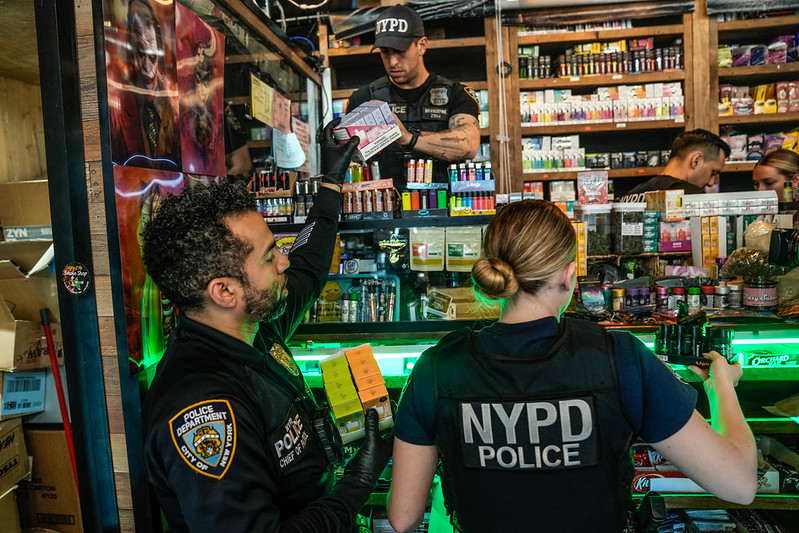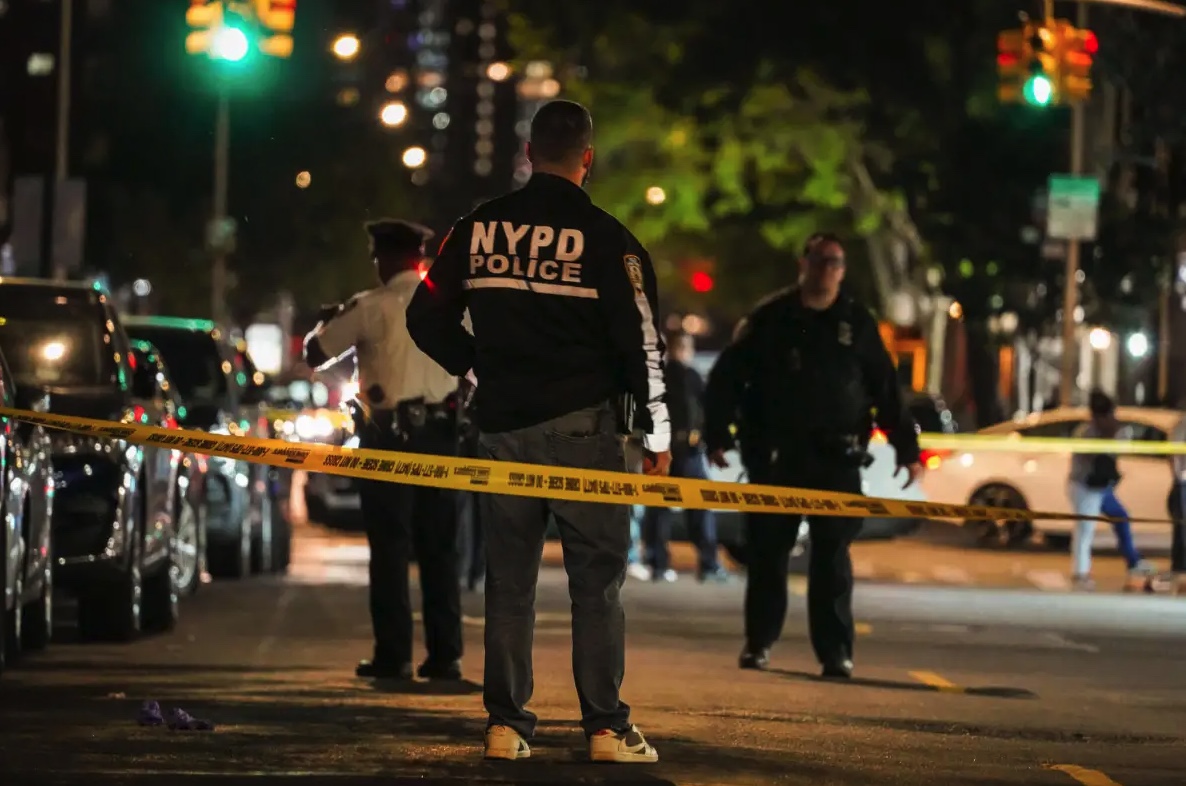By Kathianne Boniello
Slowly but surely, Arnita Fowler is finding her way. She’s just been finding it by herself.
For eight years the Hollis woman has been waging a nearly singlehanded battle to reform the way the New York Police Department handles its missing persons cases.
Inspired by personal tragedy, Fowler has taken her fight to the state Legislature with a bill named for her only son, who disappeared in October 1995 from his grandmother’s Queens home. The bill, “La Mont Dottin’s Law,” seeks to eliminate the state’s age restrictions on missing persons investigations.
The age restrictions require police to conduct investigations of missing persons only if the person who has disappeared is under 19 or older than 64. In other words, police do not have to investigate the disappearance of those between 19 and 64 unless foul play is suspected.
Fowler’s son, La Mont Dottin, 21, was a Queens College student when he left his grandmother’s Hollis home on Oct. 17, 1995 to mail a package, Fowler said. The package reached its destination, but his family never saw him again.
Despite the family’s active search for Dottin, his body was classified as unidentified and he was buried for three years in the city’s Potter’s Field until detectives from the NYPD discovered the mistake in fall 1999.
Although the NYPD had found La Mont Dottin’s body washed up on the shore along the East River six days after his October 1995 disappearance and the FBI later identified his body, neither the federal agency nor the local police exchanged information on the case until August 1999.
By then, the remains of the missing man had been buried in an unmarked grave in Potter’s Field on Hart Island for three years.
But Fowler has had a nemesis in her battle to reform the state’s age restrictions on missing persons cases. That enemy has been ignorance.
“People are not even aware of the situation,” said Fowler, who has enlisted several state representatives from Queens to help “La Mont Dottin’s Law” become law before the state Legislature’s session ends in June.
One of those representatives, state Assemblyman William Scarborough (D-St. Albans), introduced the legislation in the Assembly, where it passed unanimously earlier this year.
“There is a lack of awareness that this situation even exists,” he said.
A lack of awareness about the need to reform missing persons investigations was certainly in evidence last week during a sparsely attended news conference Fowler held at Borough Hall to call attention to the bill.
The Queens woman was joined at the news conference by Scarborough, her lawyer Michael Villeck and a representative of Queens Borough President Helen Marshall.
“We’re just going to keep pushing forward,” said Fowler Friday, who added that she plans to lobby in the state Senate to make sure the bill passes in this legislative session.
Scarborough said “it’s a common sense bill. It seems to me you have to have a presumption that something has happened” when a person is missing.
Fowler said her bill and the foundation she created in her son’s memory have been seeking a number of reforms in how missing persons cases are handled in New York, including sensitivity training for police officers in how to deal with families of missing loved ones, the creation of missing persons units in each precinct and a database for those units so information about missing people can be shared.
For more information on Fowler and her work, go online to www.lamontdottinfoundation.com.
Reach reporter Kathianne Boniello by e-mail at Timesledgr@aol.com or call 229-0300, Ext. 146.





























